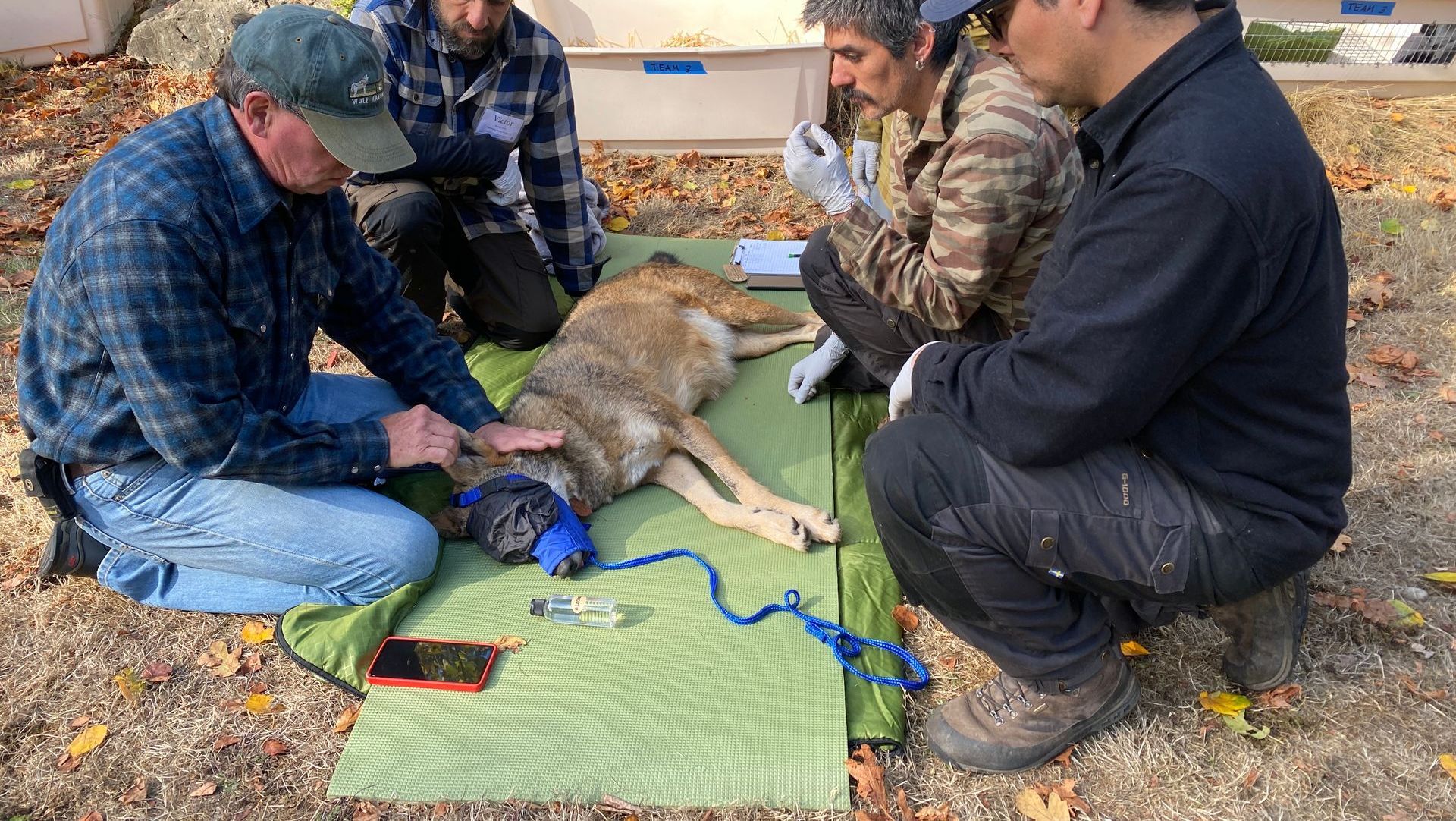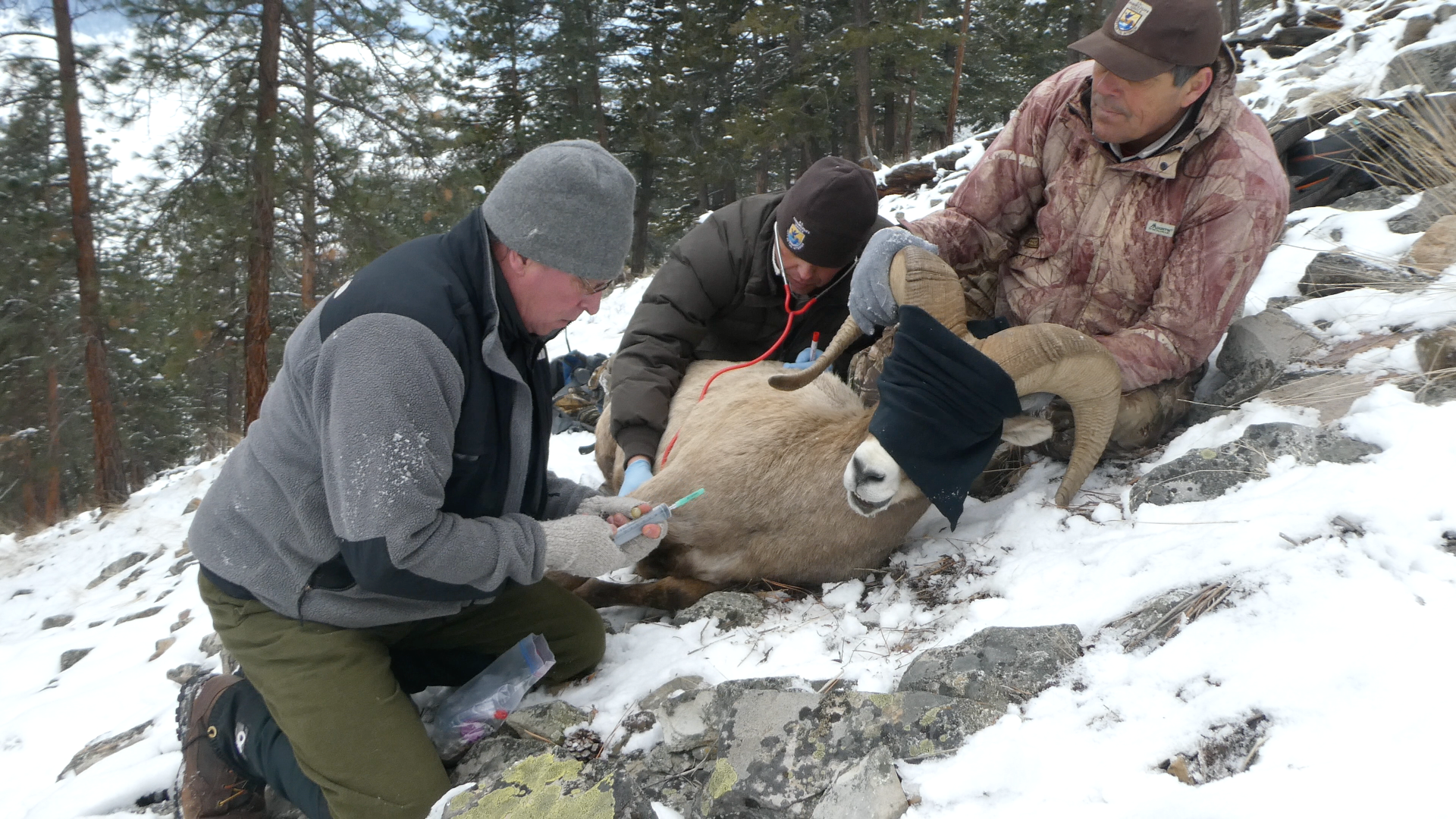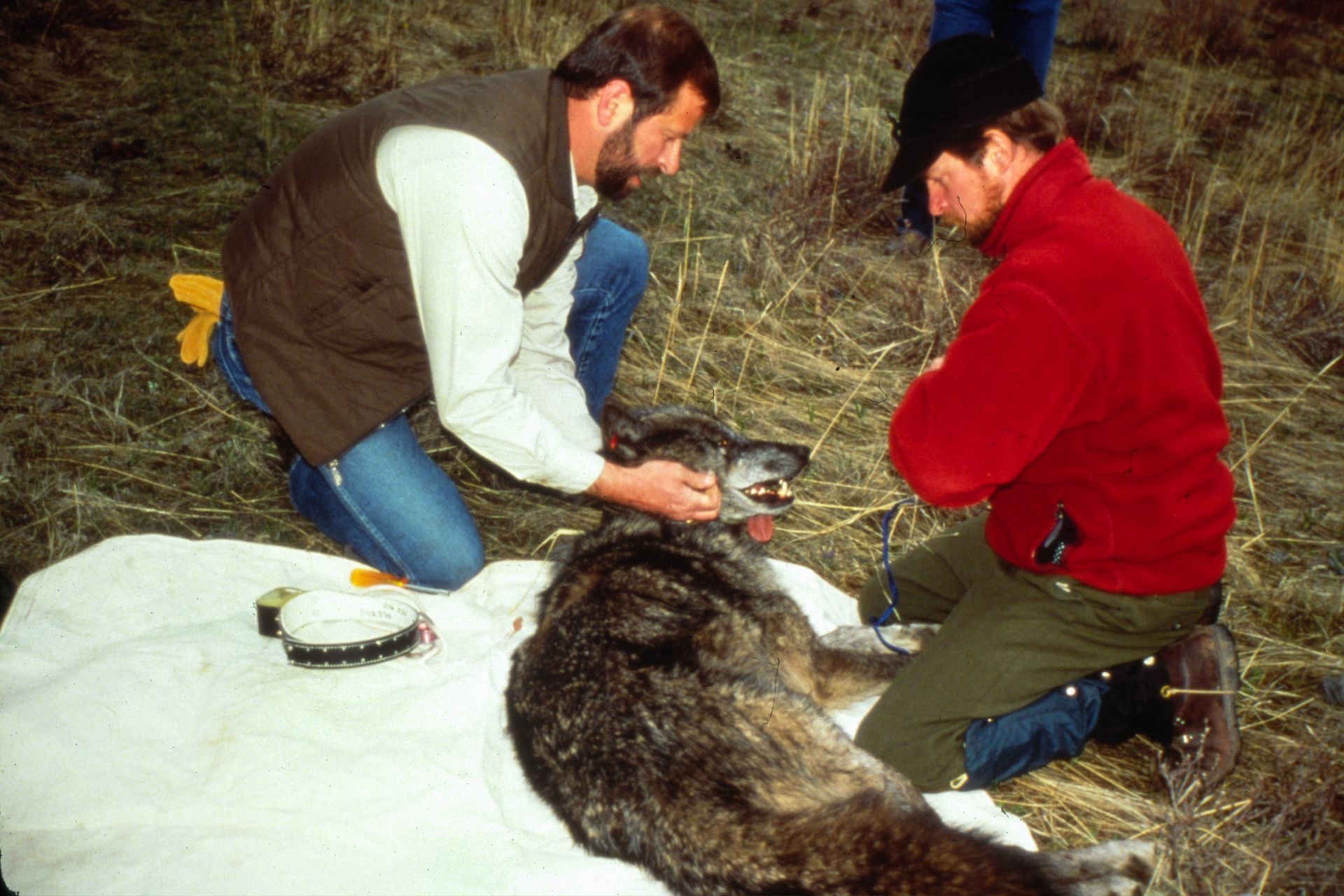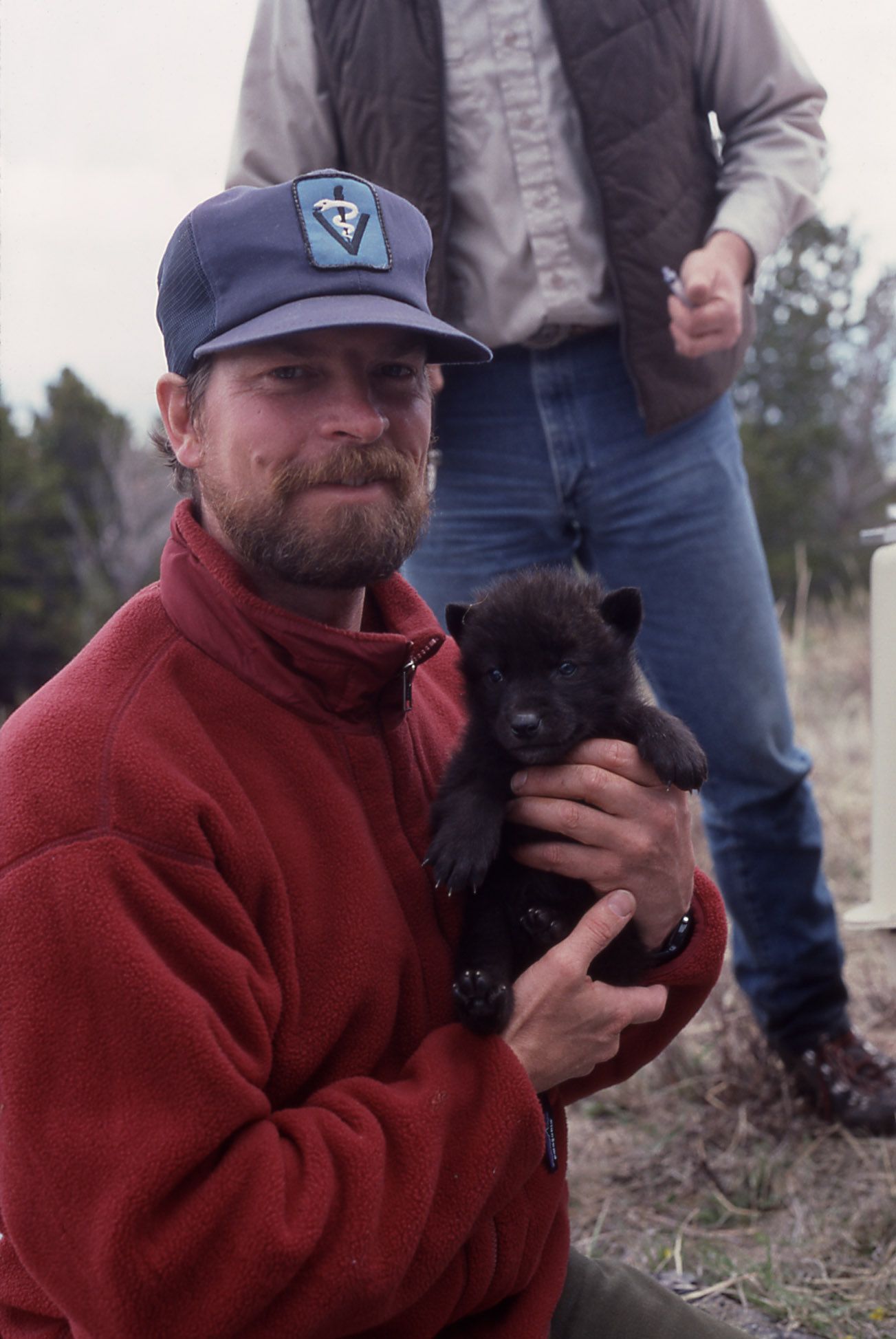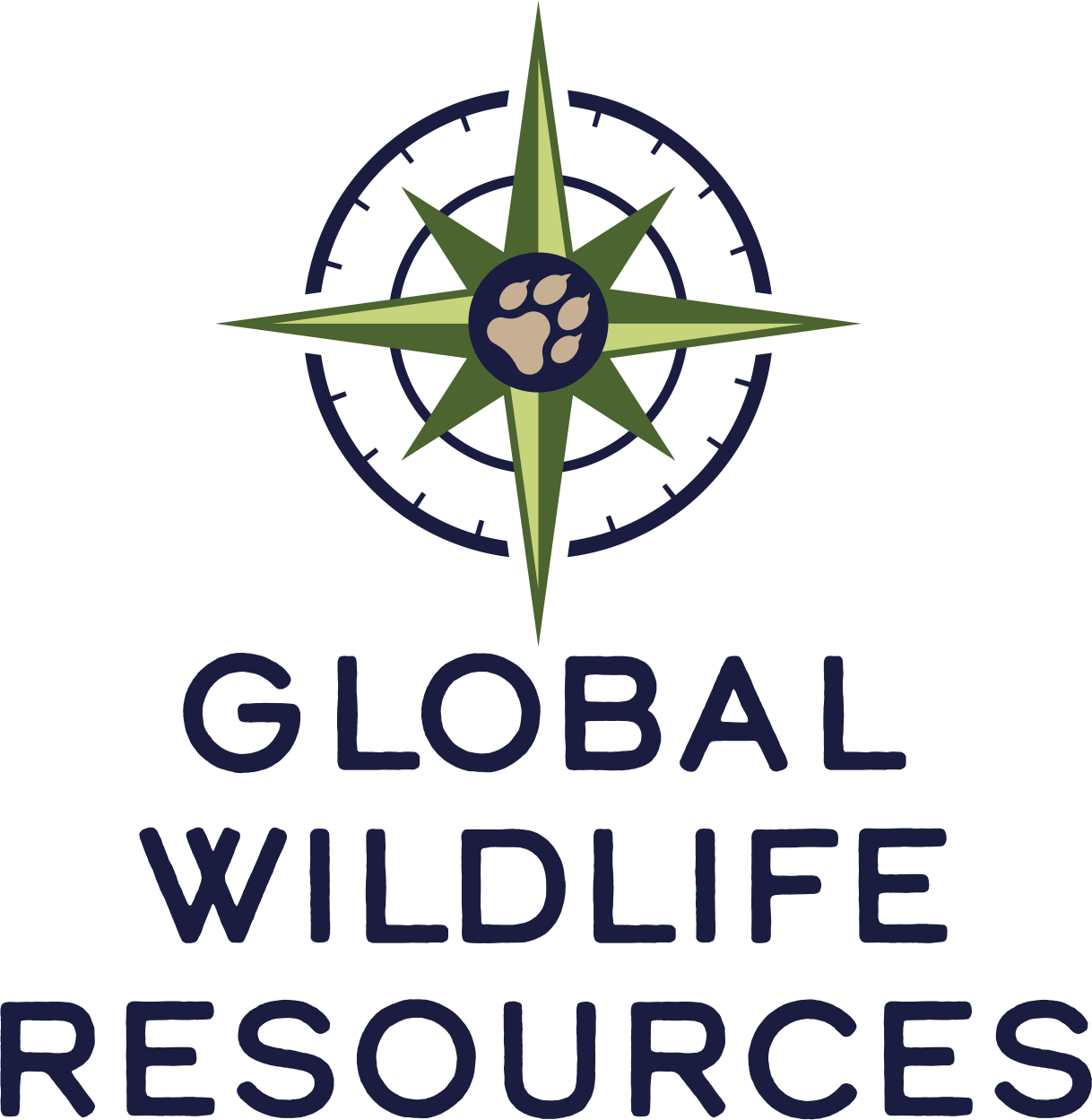New Paragraph
New Paragraph
About Dr. Mark
My first wildlife capture & handling was with Colorado Game, Fish, and Parks Department. We were catching bighorn sheep with drop nets during my first year of veterinary school in 1983. That was more than 35 years ago. Even then, before I knew I was a teacher, I took photos and wanted to gather and share the details of how we work in the field capturing animals. I am continuously learning from the animals and from my colleagues and have been teaching these field-based details for over 30 years.
For me, how we capture wildlife is just as important as what we do. My highest priority is to handle every animal with care and respect and to teach others how we can incorporate those heart-felt values into our tools, techniques, and mannerisms. This leads to greater success in the field, better animal care, greater joy in our work, and a steady desire to always do better. We become better professionals.
After 2 years in private practice I began working exclusively with wildlife. I was Project Veterinarian for the U. S. Fish & Wildlife Service’s 1995-96 Gray Wolf Reintroduction to Yellowstone National Park, and served as Yellowstone Park’s wildlife veterinarian for four years – the first wildlife veterinarian for the National Park Service. I have been an Affiliate Faculty with University of Montana’s Wildlife Biology Department since 1997.
I have had the priviledge of teaching workshops exclusively for agencies and organizations such as:
- Yosemite & Glacier National Parks
- Minnesota and Fargo Zoos
- Puerto Rico Dept. of Natural Resources
- USFWS National Conservation Training Center
- USDA Wildlife Services
- Wolf Haven International
- University of Montana (since 1997)
- University of Minnesota
- Maine Inland Fisheries and Wildlife
- Michigan Dept. of Natural Resources
- Red Wolf Recovery Program
- Native American Fish and Wildlife Society
I regularly assist with field captures and teach the most current and extensive training courses in North America. With each course, I also learn from professionals attending the courses and gather new tools, techniques, and perspectives throughout the year.
I am enjoying life with my wife Elizabeth on Whidbey Island in the Puget Sound. We enjoy hiking, kayaking, organic gardening, and supporting the practices of sustainable communities.
Mark R. Johnson DVM
Wildlife Veterinarian, Instructor, CEO
Global Wildlife Resources
Working with captive and free-ranging wolves has taught me how to work with feral dogs. My other specialty is teaching humane feral dog capture and handling courses around the world to help organizations eradicate rabies and humanely manage dog overpopulation. After Hurricane Katrina, I helped with dog rescues and field training in New Orleans, and have traveled to India 4 times in a collaboration with Vets Beyond Borders and the Animal Welfare Board of India to provide training in the humane capture of feral dogs.
A core tool that I use to capture and handle captive and fractious wolves and dogs is the Y pole. It is an effective and humane alternative to the catch pole (e.g. snare pole). I have introduced the Y pole to the zoo, wildlife, and animal welfare communities. My goal is to see that every animal shelter knows about the Y pole. This humane tool transforms the culture and captive animal programs and shelters and how people interact with their canids.
Introducing the Y pole for animal shelters.
Mark R. Johnson, DVM
Wildlife Veterinarian, Instructor
Founder and CEO of Global Wildlife Resources
"After this training I feel much more confident in methods involved with chemical immobilization and with a more in-depth understanding of drug actions. The knowledge of the instructor was very impressive and the attitude of "animal first" was refreshing and validating. Martin Coker, Wildlife Biologist
Martin Coker,
Wildlife Biologist
Website Designed and Hosted by Whidbey Web Design

